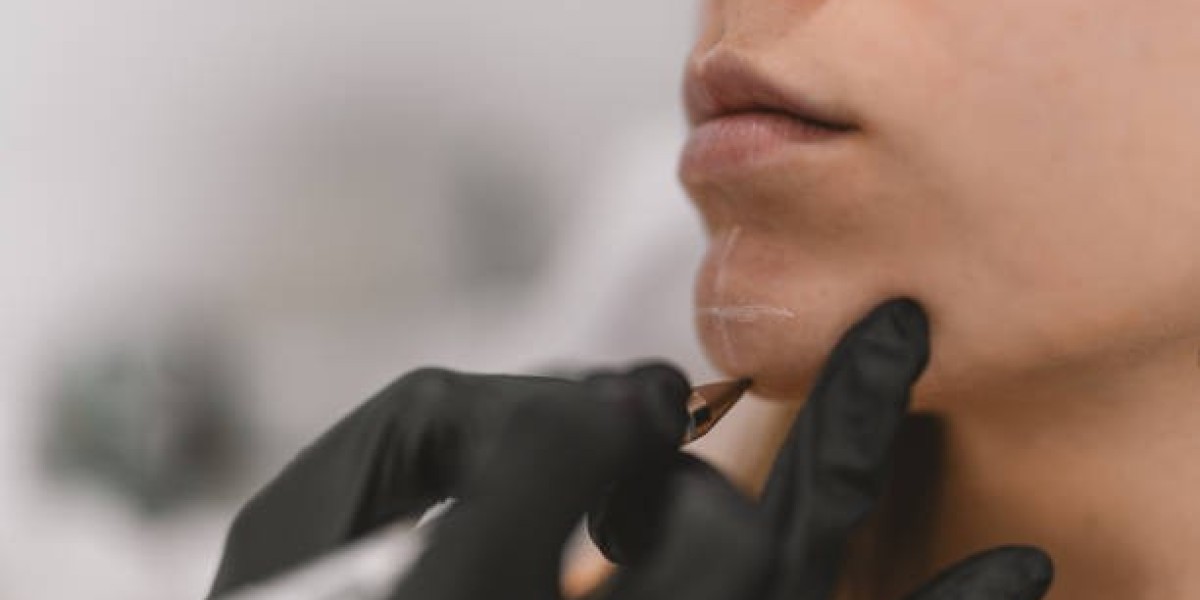Undergoing Cosmetic Surgery in riyadh is a significant decision that requires careful consideration and thorough preparation. Whether you are contemplating a procedure to enhance your appearance or address specific concerns, having a clear and open conversation with your surgeon is crucial to achieving the best results.
Understanding the Surgeon’s Qualifications and Experience
One of the first things to clarify during your consultation is the surgeon’s credentials and expertise. Knowing that your surgeon is well-trained and experienced provides peace of mind and increases the likelihood of a successful outcome.
What certifications and qualifications do you hold?
A certified plastic surgeon should have completed specialized education and training accredited by recognized bodies. This ensures they adhere to high standards in cosmetic surgery.How many years of experience do you have performing this specific procedure?
Experience matters greatly because it reflects the surgeon's proficiency in handling your chosen surgery.Can you show me before-and-after photos of previous patients?
Reviewing real results from past surgeries can help set realistic expectations and build trust.
Procedure Details and Expected Outcomes
Understanding the procedure itself, including what it entails and the benefits you can expect, is fundamental to making an informed choice.
Can you explain the surgical process step-by-step?
This includes pre-operative preparation, the surgery itself, and post-operative care, helping you visualize what to expect.What are the realistic outcomes I can expect from this surgery?
Surgeons should provide an honest assessment of what changes are achievable and what results may look like over time.What risks or complications should I be aware of?
Every surgery carries risks such as infection, scarring, or anesthesia-related issues. Knowing these in advance helps in weighing benefits against potential downsides.
Preparation and Recovery
Proper preparation before surgery and understanding the recovery process are key to a smooth experience and successful healing.
How should I prepare for the surgery?
This might include lifestyle adjustments, medication management, and dietary guidelines necessary prior to the operation.What will the recovery process involve?
Ask about how long the healing will take, types of post-surgery support you’ll need, restrictions on activities, and when you can resume work or exercise.Are there any special instructions to ensure the best results and prevent complications?
Post-operative care instructions often include resting adequately, avoiding smoking and alcohol, and managing wound care meticulously.
Safety Measures and Facility Accreditation
Ensuring that the surgery is conducted in a safe environment by qualified professionals is essential for your well-being.
Is the surgery performed in an accredited medical facility?
Accredited clinics meet strict standards of hygiene, safety, and care quality, which reduce risks.What safety protocols are in place during the procedure?
This pertains to anesthesia administration, infection control, emergency planning, and patient monitoring.How is patient privacy and confidentiality maintained?
Respect for your privacy is a fundamental part of professional healthcare.
Costs, Alternatives, and Follow-Up
While you requested not to include specific costs or clinic names, it is important to discuss financial and follow-up considerations in general terms.
What are the non-surgical or less invasive alternatives?
Knowing all your options allows you to choose a path that aligns with your goals and comfort level.How many follow-up visits will be necessary?
Regular monitoring helps catch complications early and supports optimal healing.What happens if the results are not as expected?
Understanding policies on revisions or corrective procedures can provide reassurance.
Why Ask These Questions?
Asking these critical questions before your cosmetic surgery in Riyadh gives you the power to make enlightened decisions. It helps clarify doubts, reduces anxiety, and sets clear expectations for the journey ahead. Being well-prepared ultimately contributes to higher satisfaction with your results and a safer surgical experience.
Frequently Asked Questions
How do I know if I am a good candidate for cosmetic surgery?
A good candidate is generally in good health, has realistic expectations, and seeks the procedure for personal reasons rather than external pressures.
What should I avoid before scheduling my cosmetic surgery?
Avoid smoking, certain medications such as blood thinners, and excessive alcohol as they can affect healing and increase risks.
How long will it take to see the full results of my surgery?
The visible results often appear within weeks, but full healing and final outcomes can take several months depending on the procedure.
Can I combine multiple cosmetic procedures at once?
In some cases, combining procedures is possible and safe, but this depends on your health and the types of surgeries involved.
What signs during recovery indicate I should contact my surgeon immediately?
Signs such as excessive pain, swelling, redness, fever, or unusual discharge from the surgical site require prompt medical attention.






